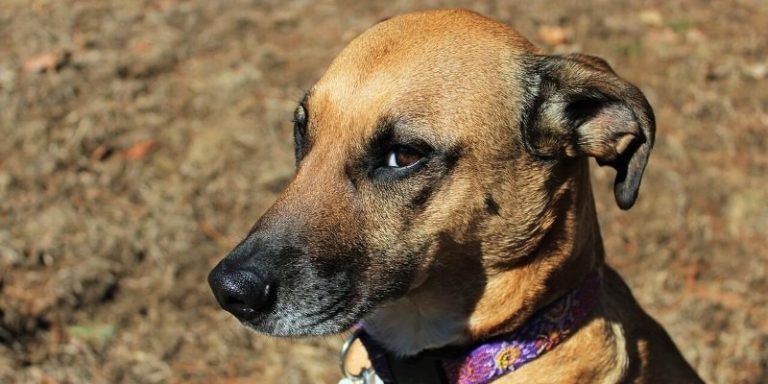House training a dog is one of the most important aspects of becoming a pet owner. Not only will it ensure that you don’t have to replace your floors every month, but it also ensures that your dog will stay that much happier. However, house training does not come easily.
For many pet owners it’s one of the hardest parts of acclimating to your new animal. However, the good news is that with a little bit of patience and consistency, you can learn to house train your dog in no time. Here are some of the most important tips to help you successfully house train your dog.
Establish a Routine
Start by taking your dog outside to the same spot every time. They’ll start to associate this place with doing their business outside. Trying to make sure that you do it at the same time as well as in the same spot. Start by taking your dog outside to the same place at regular intervals. First thing in the morning, after each meal, and after naps.
Lastly, you want to make sure that you take them out before bedtime as the night is long for new pups, and they may have accidents. The more you stick to the same routine, the more your dog will start to understand what is expected of them. Perhaps most importantly is saying congratulations after every milestone. Consistent positive reinforcement will make it more encouraging to continue doing the great work.
Give Rewards
Rewarding your dog for everything is important during the beginning stages of their life. From peeing, to sitting, to going to the bathroom in the right place at the right time, good behavior deserves a reward! Remember, rewards don’t always have to equal a treat.
Sometimes positive words of encouragement and a pat on the back are just as encouraging. You could even offer them their favorite toy as a way to congratulate them on their great behavior. Positive reinforcement creates a positive association with the behavior you’re looking to encourage.
Be Patient
If there’s one thing you need a lot of through the process, it’s patience. Patience is of the utmost importance during the training stage. This is because your dog will have a lot of accidents, and the more calmly you can handle these accidents, the more that they’ll maintain their confidence in your relationship with them. Avoid punishing your dog for accidents, especially by physical violence.
Scolding and yelling and hurting them can cause anxiety that can lead to behavioral issues for the rest of their life. Clean up the accident, and simply clap your hands and say “no.” Take them outside after the accident, and encourage them that this is the place they should be going, not inside.

